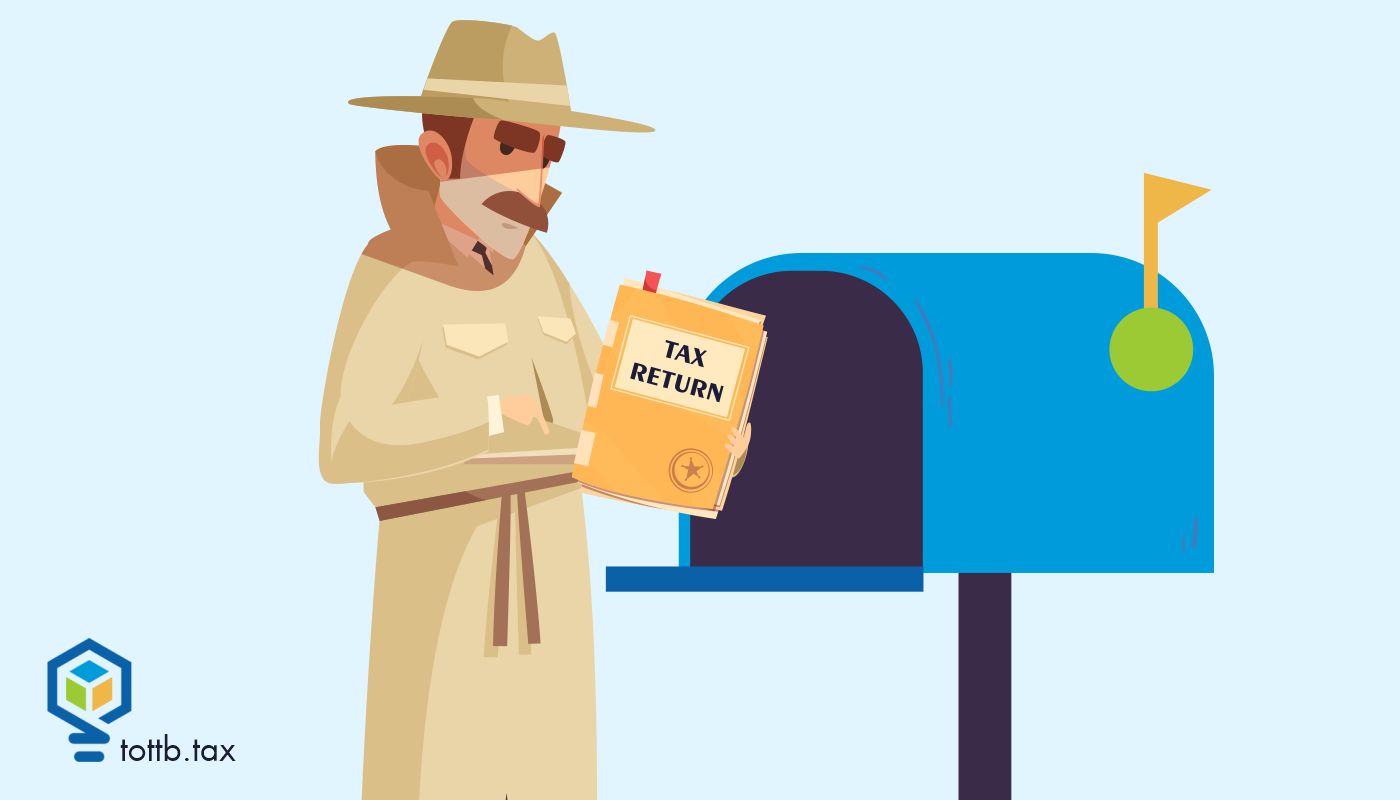Client Alert
Electronic Commerce Creates Confusing Sales Tax Obligations
Any company engaged in e-commerce, i.e., selling online, knows that the ability to reach buyers and customers remotely can juice the bottom line. State and local tax jurisdictions around the country know that, too, especially the bottom line of their sales tax coffers. Now every state with a statewide sales tax has a threshold past which remote sellers must collect and remit state sales tax. Failure to do so can incur big penalties, or worse, and there’s a lot to know based on where and what you sell online.
Read MoreWhat’s at Stake? It’s Not a Loaf of Bread
The IRS loves to issue cryptocurrency guidance when it’s the most inconvenient for me personally. I’m not sure how they accessed my calendar, but it certainly feels like this one was intentional. I was at a tax conference over the summer to teach an introduction to crypto class immediately after lunch. I had just finished eating when my phone started blowing up. The IRS published a new Revenue Ruling on Staking, 45 minutes before I was to teach about it. I read the six-page document, tried to digest it, and considered how I needed to adapt my material on the fly. Another frequent (but not to be named) Tax Box contributor present at the conference teased me about the situation I found myself in. The class went fine, though, because even with a surprise ruling, the IRS didn’t really say anything surprising. In typical IRS fashion, it also created more questions than it answered.
Read MoreNOT A MEMBER YET?

SUBSCRIBE TO GET ALL OF OUR
GREAT ARTICLES AND RESOURCES!
CURRENT EDITION

Intentionally Filing a Defective Tax Return
Creativity on a tax return is a natural tendency. Many strategies and behaviors we know are wrong, e.g. not reporting all income. However, is it ever okay to disregard some deductions and pay more tax? At first glance, it would seem that the IRS should like the idea of more reported income and a higher tax liability attached to the additional income. The IRS does not.

Side Hustles and Tax Tussles: Tax in the Gig and Share Economy Part Two
The gig economy involves more than one-off and part-time jobs. It also includes when you share your property in exchange for money. This can be a residential property, a vacation home, or even a vehicle. The gig economy has connected those who need rides and places to stay with owners via online platforms. We refer to this part of the gig economy as the share economy.
Accessing these accommodations is easy with the online platforms. But how the people participating should report their income isn’t quite as straightforward. Last time we looked at how your clients should report gig income, just like any other income made as a sole proprietor.
But making money from renting your property out is different, right? If you have clients with rental properties, you report their income on Schedule E (1040), Supplemental Income and Loss. We know from last time that we report gig economy income on Schedule C (1040), Profit or Loss from Business. So, how does rental income derived from the share economy get reported on a tax return? Every taxpayer’s favorite answer, it depends.

Loose Change in Your Couch and Maybe a Tax Break at Your Kitchen Table
A 2023 Tax Court decision upheld what many small business owners and tax practitioners have wondered about for some time. The court found that shareholders of an S corporation could exclude rental income paid to them by their S corporation for holding planning meetings in their homes. While the IRS and court found that the amounts charged by the shareholders were excessive, the court found the arrangement itself within the bounds of the law.
This article examines this case and underlying law and when and how this is a planning idea worth pursuing, the limitations and unknowns involved, and the policy implications of this long standing exclusion. The case is Sinopoli, TC Memo 2023-105 involving the exclusion at IRC Section 280A(g).


